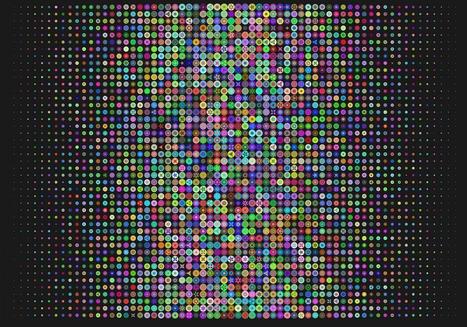Information technology has allowed much of our economy to automate processes. We have seen transformations of the airline, banking, brokerage, entertainment, lodging, music, printing, publishing, shipping and taxi industries through the availability of massive volumes of real-time price and service data. Across America, consumer-facing retail service continues to shift to a virtual environment.
Healthcare is the exception. Many health information technology (health IT) products initially focused on billing.
The misalignment between billing support and the sense that these tools do not materially automate clinician work to build in efficiencies or improve workflows adds to an overall frustration with the increasing amount of time providers spend at their screens.
Automation is hard because it tends to require interfaces of various types – both to other machines (Internet of Things) and to humans.
Often automation proposals involve solutions that focus on highly structured data. But, someone or something has to put energy (physician salary, for example) into organizing much of this information, assuming it is even knowable.
The underlying disease or patient behavior (e.g., smoking) is also often not knowable. And, automation relying on machine to machine interfaces regularly runs into a lack of application programming interfaces (APIs) supporting complex clinical data flows.
I posted this week old piece now and now when it was published as #NHITWeek is this week. A lot of posts this week deal with possibilities and problems with healthcare focussed automation.
The original unedited piece can be read at https://www.himss.org/news/healthcare-automation-transforming-medicine
Via nrip



 Your new post is loading...
Your new post is loading...








I posted this week old piece now and now when it was published as #NHITWeek is this week. A lot of posts this week deal with possibilities and problems with healthcare focussed automation.
What has your experience been , or your opinion on automation, and its uses in life sciences and medicine.